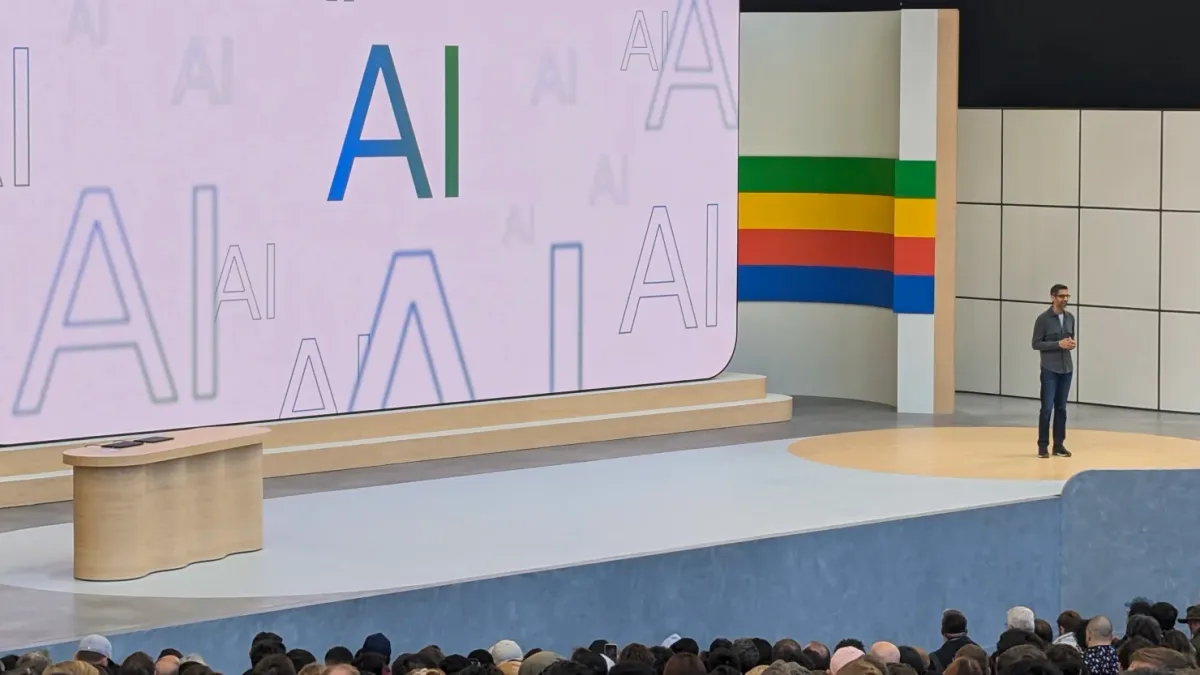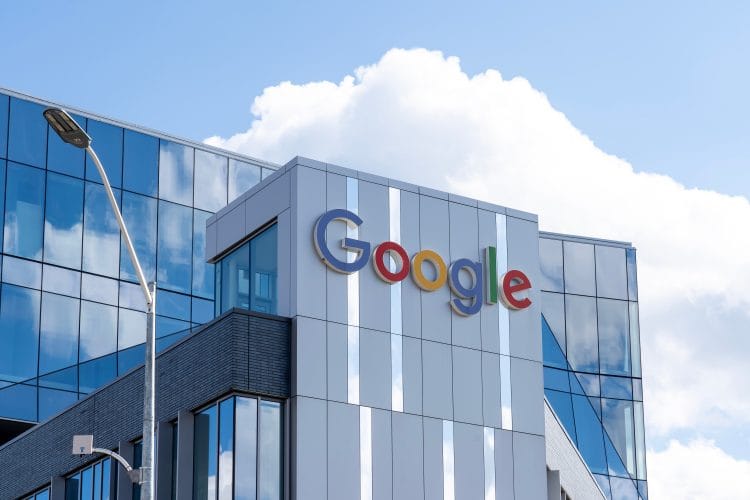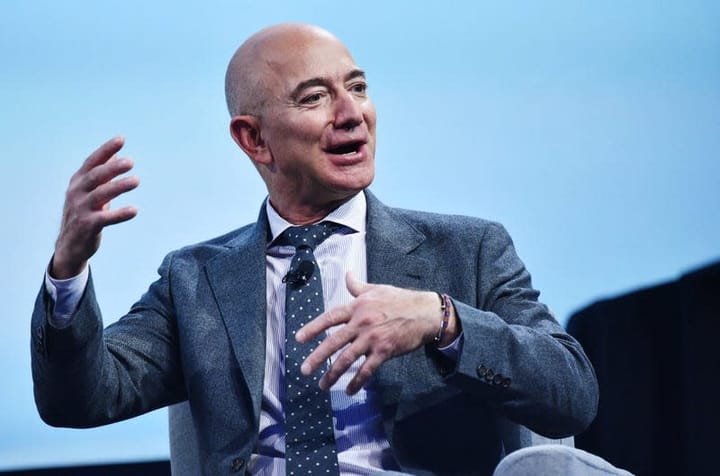Google's AI Age Verification: A New Era of Online Safety for Kids and Teens

Google has unveiled a major program to experiment with artificial intelligence (AI) for enforcing age limits on its services. The new AI-facilitated verification system will make an estimate of the age of a user as above or below 18 years. The step is taken by Google as it comes under mounting pressure from lawmakers to make its services safer for children. With AI-driven age estimation, Google is looking to make online space more secure, especially for children.
The Requirement for AI-Based Age Estimation
Having billions of users on its platforms, Google has always struggled to implement age restrictions. Several online services, such as YouTube, demand that users are a certain age to view particular content. Google has traditionally used self-declared age and parental controls, which are easily evaded. Through the use of AI, the company is looking to increase accuracy and enforce compliance better.
The new AI technology will assist Google in detecting users that are potentially minors and impose corresponding limitations to secure their internet experience. The project is consistent with international regulatory practices focusing on robust child protection controls.
How Google's AI Age Estimation Works
Google's artificial intelligence-driven age verification process employs machine learning models to derive a user's estimated age from different data points. Though Google has not made public the specifics of the model, it probably examines behavior patterns, web browsing habits, and potentially even facial recognition technology in order to make educated estimations.
As per Jenn Fitzpatrick, SVP of Google's "Core" Technology group, the AI model will be first tested in the U.S. and later rolled out to other markets. This rollout will be part of Google's larger initiatives to enhance online safety and build age-appropriate digital experiences.
Industry Trends and Legal Pressure
The drive for AI-powered age verification is not new to Google. Meta (previously Facebook) has also used AI to identify users who might be lying about their age. The increasing focus on child safety has prompted lawmakers to push technology companies to institute more robust safeguarding measures. In response, Google is ramping up efforts to meet changing regulations.
Legislation like the U.K.'s Online Safety Bill and the U.S.'s proposed Kids Online Safety Act demonstrates the growing international need for tighter child protection measures. Google's use of AI for age verification indicates a forward-thinking response to fulfilling these demands while using technology to make enforcement more efficient.
Challenges and Concerns
Although AI-based age estimation is of great advantage, it is also of concern:
Privacy Concerns: Users are likely to fear that AI harvests and analyses their information to check their ages. Google will need to assure openness and install severe data safeguard protocols.
Bias and Accuracy: AI algorithms cannot be perfect and will sometimes err when estimating age, causing the loss of proper access for actual users.
Bypassing: Experienced users could try to skirt around AI screening, so it will be vital that Google upgrades its model persistently.
Ethical Implications: Utilizing AI for age estimation raises ethical concerns regarding digital monitoring and control over users.
The Future of Age Verification through AI
Google's use of AI for age verification is just one aspect of the larger trend in the technology sector. As AI advances, we can anticipate increasingly advanced ways to verify age without compromising privacy. Potential future developments are:
Improved Biometric Authentication: Voice recognition and face scanning may improve accuracy further.
Blockchain-Based Age Authentication: Distributed identity solutions might provide more secure and private age authentication.
Collaborative Regulation: Businesses can collaborate more intensely with governments to create standardized AI-driven age verification systems.

Frequently Asked Questions Regarding Google's AI Age Verification
How does Google's AI authenticate a user's age?
Google's AI applies machine learning algorithms to predict if a user is above or below 18 years based on behavior, web history, and possibly biometrics.
Will Google introduce AI age verification on all its products?
Yes, Google plans to roll out AI age verification for all its products, including YouTube, to provide age-relevant experiences.
Is my data secure with AI-based age verification?
Stricter age gates will limit users from younger ages from accessing mature content.
Google says that it values user privacy and will apply data protection techniques to ensure that AI-powered age verification doesn't compromise individual information.
What if AI gets my age wrong?
Users who think they were inaccurately marked as underage might be able to prove their age through alternative methods, like government-issued identification.
When will AI-powered age verification be available globally?
Google is currently testing the AI model in the U.S., with plans to expand to other countries over time.
Google's use of AI for age verification is a major milestone in online safety initiatives. Though there are challenges ahead, this move shows the increasing use of AI in applying digital safeguards. With advancing technology, AI-powered verification systems will become more sophisticated, striking a balance between security, privacy, and user convenience. Through the use of AI, Google seeks to make the internet a safer place for children while complying with regulatory requirements globally.


